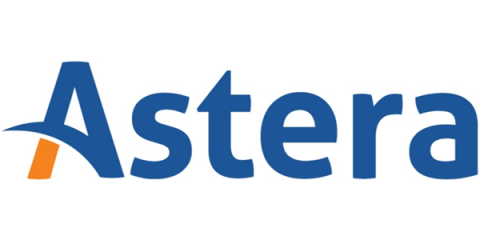What is Invoice Scanning? How it Works, Benefits, Applications
Invoice scanning is a crucial step in managing the accounts payable (AP) process for any business. You may think that invoice scanning is no longer required if invoices are received electronically. However, according to Bottomline’s The State of ePayables report, more than a staggering 48% of invoices are received in paper format. In other words, paper invoices are still very much a part of modern accounts payable, and so is invoice scanning.







